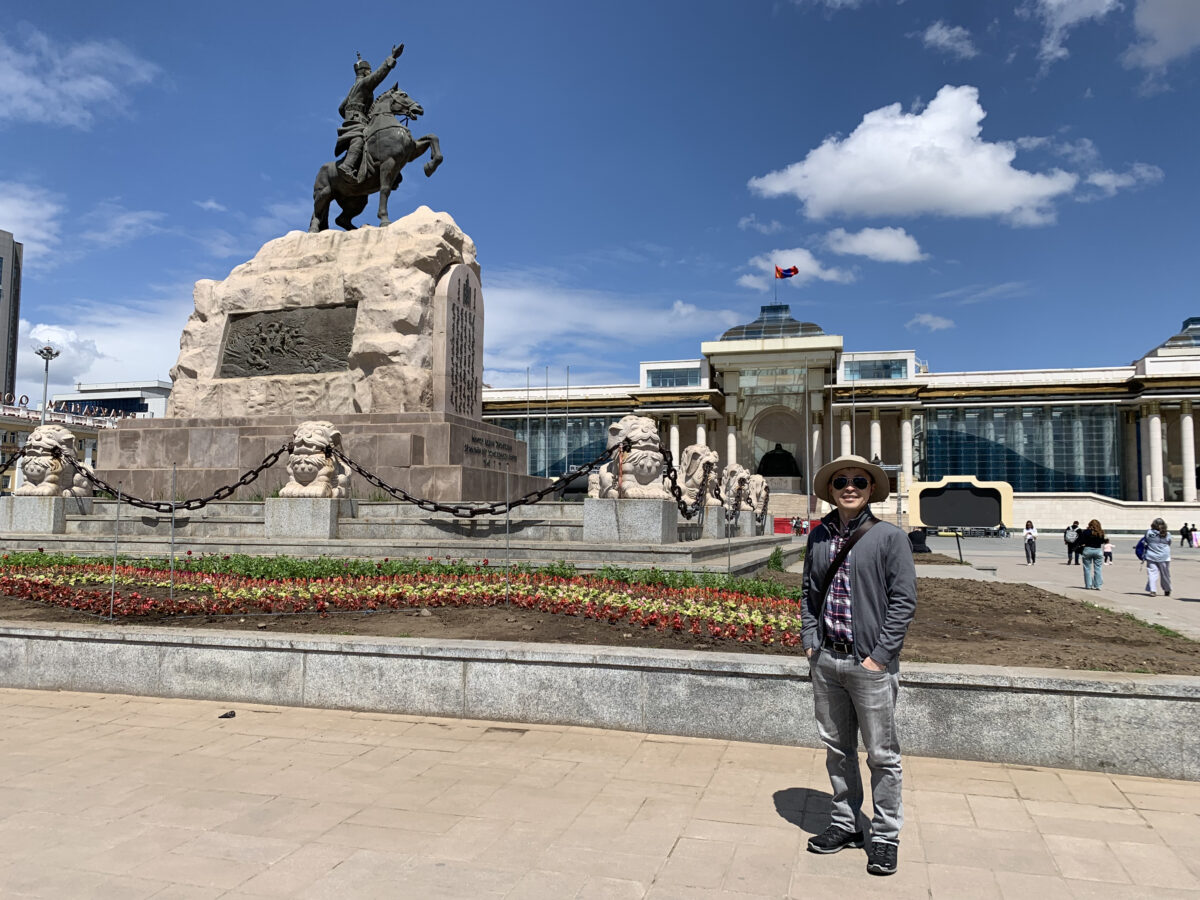In conjunction with the inauguration of University of Pennsylvania’s new Center for the Integrated Study of Japan, Constantine Vaporis presented an invited talk that focused on his research about travel in Early Modern Japan and what it revealed about healing, discovery, and political obligation and coercion, among other elements of life during that time period.
Vaporis, professor of history and director of the Asian studies program, teaches Japanese and East Asian history and has received numerous fellowships for research in Japanese history including a Fulbright Scholar’s Award and an NEH Fellowship for College Teachers. He is author of Breaking Barriers: Travel and the State in Early Modern Japan; Tour of Duty: Samurai, Military Service in Edo and the Culture of Early Modern Japan; Nihonjin to sankin kôtai [The Japanese and Alternate Attendance]; and Voices of Early Modern Japan. Contemporary Accounts of Daily Life during the Age of the Shoguns.
Vaporis’ lecture “The Edo Man and the Satsuma Sweet Potato: Early Modern Travel through a Japanese prism,” highlighted how travel established connections between citizens and the state during the early modern era of 1600-1868 unlike few other institutions of the time. His talk explored the contours of the elements that defined travel during that time period with an eye to their global context. Following the lecture, Vaporis engaged with the audience in an active Q & A session about his research. To learn more about his work, visit the UMBC history department website.
Image: Constantine Vaporis. Photo by Marlayna Demond ’11 for UMBC.
Tags: AsianStudies, CAHSS, History




